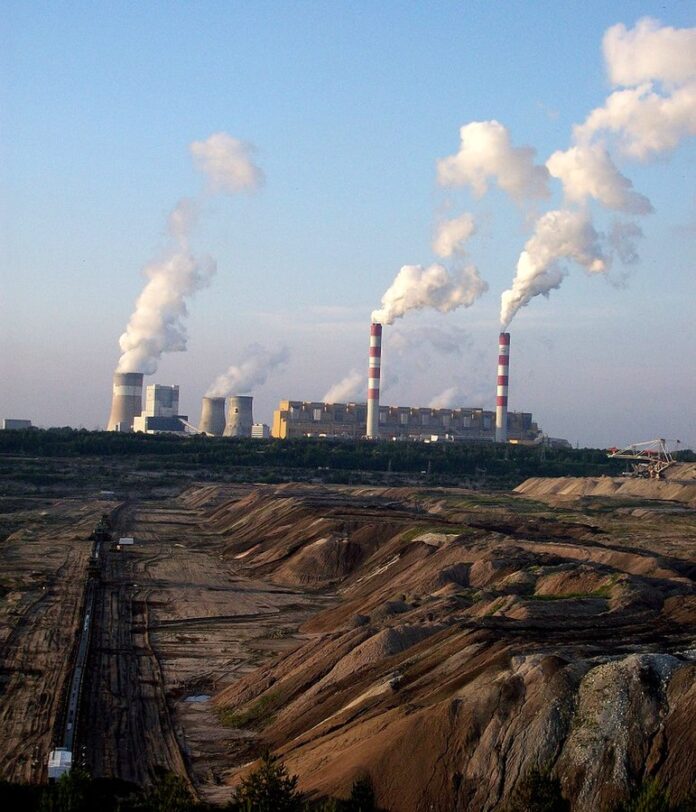„We will definitely be able to manage a third nuclear facility in the country, and Poland’s energy needs clearly show that another nuclear power plant will be needed,” says Adam Rajewski from Nucler PL in an interview with BiznesAlert.pl.
- „The Polish Nuclear Power Program includes a long list of locations, some of which are identified as 'recommended’. One of them is Bełchatów, but there are also others including Kozienice and Połaniec. To decide whether a given place is suitable for the construction of a nuclear power plant, a whole series of studies must first be carried out,” says Adam Rajewski.
- „Shutting down the Bełchatów Power Plant, the biggest coal-fired plant in the country, may cause a social crisis and a wave of unemployment in the region. Locating an NPP there may be the right move, but we need to take into consideration other places as well,” he said.
- „At the moment we have an American, Korean and French offer on the table. Each of the suppliers is able to offer Poland good, safe and efficient reactors, with technologies tested in other countries.
Poland is betting on nuclear power and plans to build an NPP in Pomerania in cooperation with Westinghouse and another one in Konin with Korea’s KHNP. Additionally, there will be discussions in the public debate concerning the potential construction of a third nuclear reactor, with Bełchatów being considered as a potential location.
BiznesAlert.pl: Should we be talking about a third nuclear power plant in Poland?
Adam Rajewski: This discussion stems from the provisions in the legal acts. Right now on the table we have Poland’s Energy Policy Until 2040 (PEP2040) and a resolution of the Council of Ministers about updating the multi-year Polish Nuclear Power Program. The second document says that Polskie Elektrownie Jędrowowe (PEJ) is also to build a second state-owned power plant.
On the other hand, the government documents do not mention anything about the PGE PAK project in Konin, so we are faced with the need to update the strategic documents and further decisions.
We will certainly be able to develop a third nuclear facility in the country, and Poland’s energy needs clearly show that another power plant is desirable.
There is no large water tank near Bełchatów that could be used to cool the conventional part of the reactors. Are there any other better locations for the third plant?
The Polish Nuclear Power Program includes a long list of locations, some of which are identified as „recommended”. One of them is Bełchatów, but there are also others, including Kozienice and Połaniec. In order to decide whether a site is suitable for the construction of a nuclear power plant, a number of studies must first be carried out.
Cooling water is important for the operation of the power plant, but it is not the only decisive factor. Water can be replaced by other sources of cooling. In some situations, air is also suitable for cooling the conventional part of the reactors. Another interesting example is the use of municipal wastewater in the American power plant Palo Verde in Arizona, which flows from the city of Phoenix.
On the other hand, social issues must also be taken into account. The closure of the largest lignite power plant in Bełchatów could trigger a social crisis and a wave of unemployment in the region. Locating the NPP there may be a good move, but other options should be considered as well. It may turn out that from the point of view of the entire electricity system, a third power plant in another location will be more profitable, but first we need to make an in-depth analysis.
Who might be suitable candidates for partnering in the construction of the third power plant? Is the French offer attractive to Poland?
The construction of a large-scale nuclear power plant is not only a commercial agreement. Such an investment is also linked to a political agreement with the supplier country.
We currently have American, Korean and French offers on the table. Each of the suppliers is able to offer Poland good, safe and efficient reactors, the technology of which has been tested in other countries.
Economic benefits and certain political conditions will determine whether choosing the French offer will make sense. Please note that such an expensive investment is not limited to the trade aspect, but in the long run it cements the political alliance between the two countries. Currently, we do not know what the French can offer, but it is certainly worth considering it.
Interview by Jacek Perzyński
